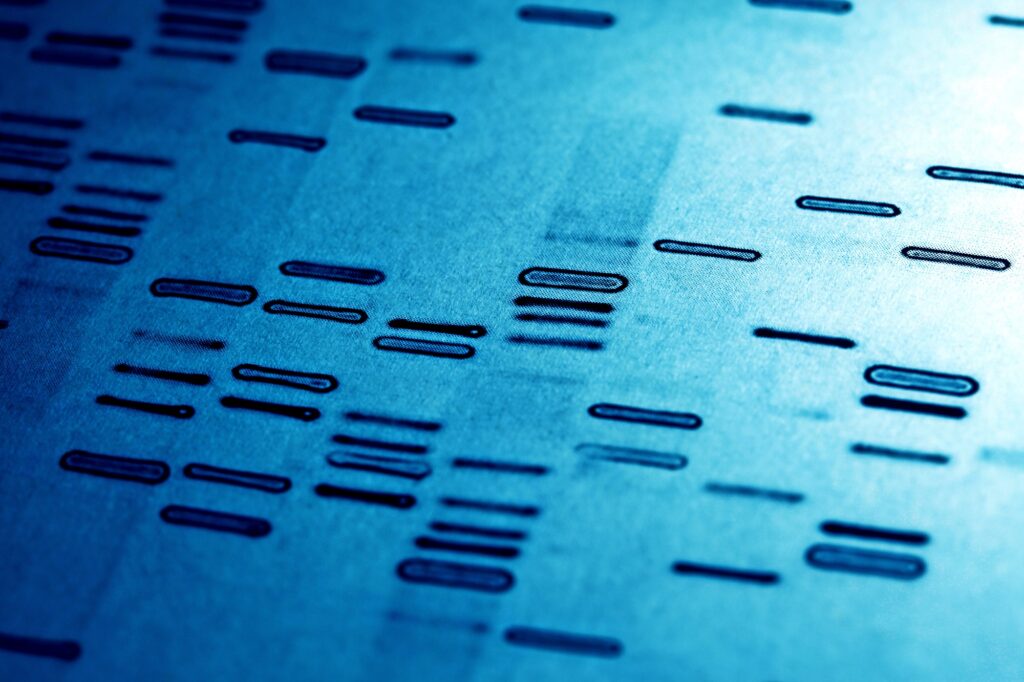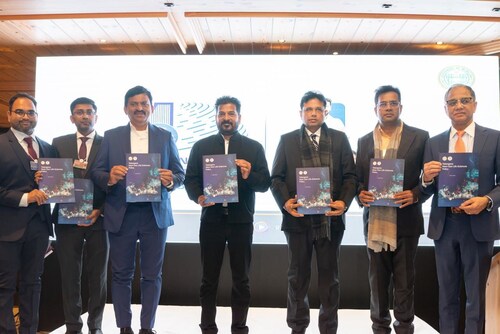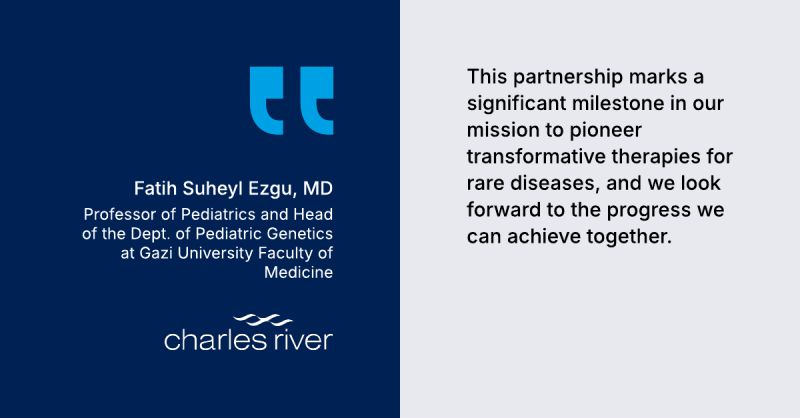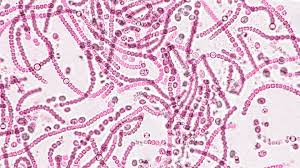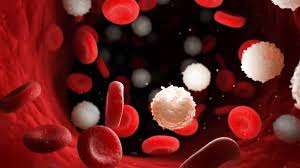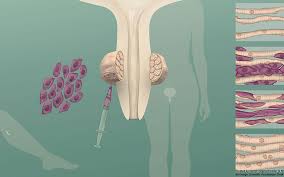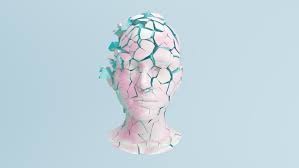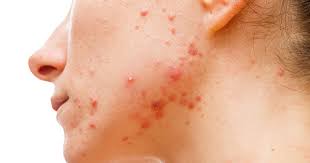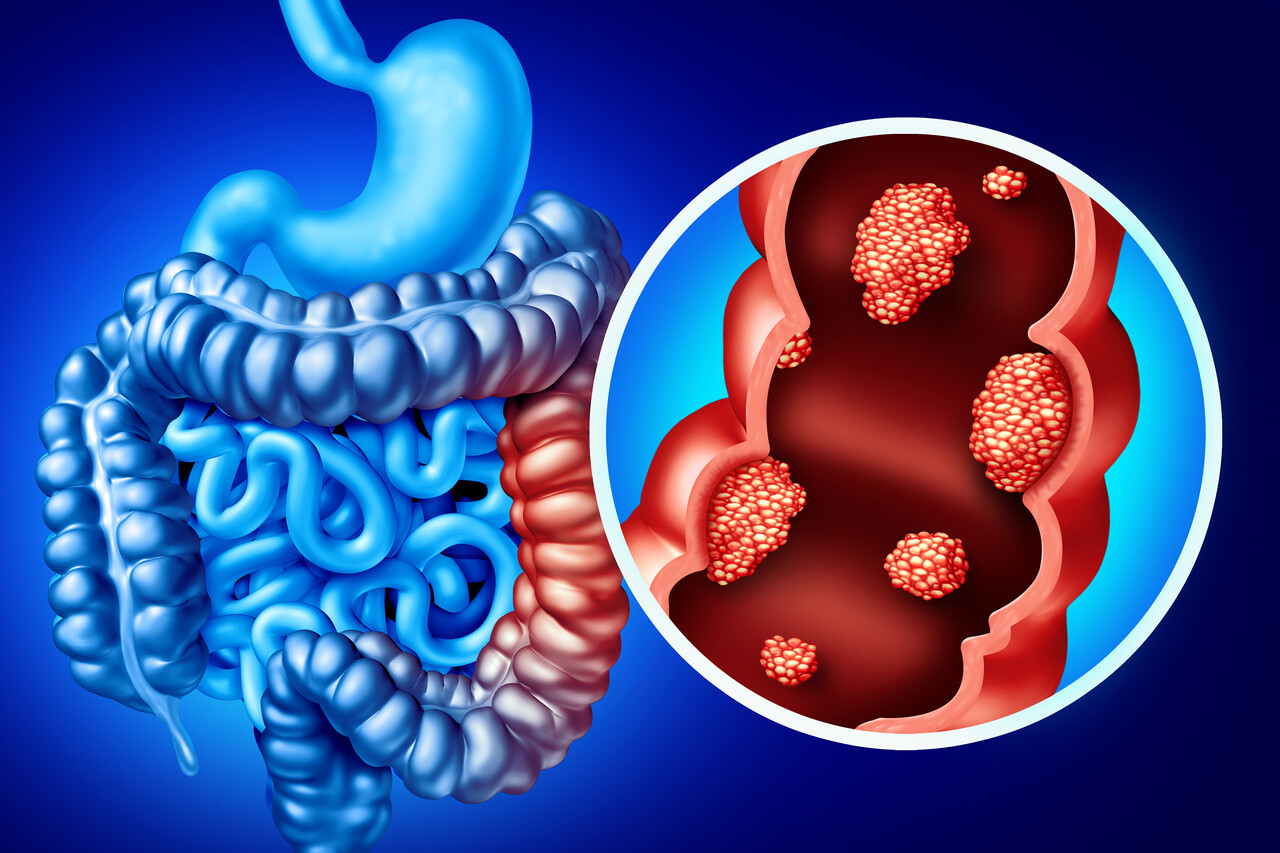The partnership aims to provide forensic services for missing and murdered Indigenous people (MMIP) and unidentified human remains (UHRs) using DNA technologies such as next-generation sequencing (NGS) and forensic investigative genetic genealogy (FIGG).
Within this long-term partnership, QIAGEN supports the Snow Molecular Anthropology Lab with a MiSeq FGx sequencing system, training, ForenSeq Kintelligence kits and the ForenSeq Kintelligence HT System.
These tools will be used by the Snow Lab, in partnership with both the non-profit group Ohkomi Forensics, in building the first indigenous-owned DNA database with the ForenSeq Kintelligence HT system and the Principal Research Group collaborators in identifying the remains of 95 African American individuals unearthed during construction in Sugar Land, Texas (Sugarland 95 DNA project).
“Our collaboration with the Snow Lab exemplifies QIAGEN's commitment to advancing forensic science and giving answers to victims and their families,” said Richard Price, Vice President and head of the HID and Forensics business at QIAGEN. “With our MiSeq FGx and the ForenSeq Kintelligence workflows, we provide forensic scientists with a complete next-generation sequencing solution for identifying human remains, ensuring accurate results and respectful handling of sensitive cases.”
Ohkomi Forensics, an NGO founded by University of Montana PhD student and Blackfeet tribal descendent Haley Omeasoo aims to provide forensic services to families affected by the MMIP epidemic which refers to higher incident rates of violent crimes and disappearances among indigenous people, particularly women and girls, in North America. Ohkomi Forensics will develop the first Indigenous-owned DNA database for the Blackfeet Nation while integrating culturally sensitive practices, using QIAGEN’s ForenSeq Kintelligence HT workflow.
Haley Omeasoo stated: “The Blackfeet tribe is trying to identify family members, but, like many others affected by the MMIP epidemic, we’re struggling to find answers. ‘Ohkomi’ means to “to use one’s voice” in Blackfeet. I started Ohkomi Forensics because I wanted to use my voice to help my people, and using ForenSeq Kintelligence HT allows us to observe our cultural practices while we respectfully identify and rematriate our loved ones using modern technologies.”
Additionally, Dr. Meradeth Snow, Associate Professor and Co-Chair of Anthropology at the University of Montana and collaborator with the Principal Research Group, will continue work on the identification of remains from the Sugar Land 95 DNA project. It involves the discovery of 95 unmarked graves of African American individuals who were part of the convict leasing system in Texas, a practice in the late 19th and early 20th century where prisoners were leased out to perform labor, often in brutal conditions, as a means of continuing forced labor post-slavery.
Dr. Snow noted, “The DNA analysis and bioinformatics required for a project like this can be very challenging. The ForenSeq Kintelligence workflow was designed for challenging samples, addresses concerns about misuse of genetic information, and streamlines the analysis, allowing us to quickly and easily scale our efforts to provide answers to families more efficiently, while maintaining the highest ethical standards possible.”
QIAGEN’s NGS and FIGG technology used in its MiSeq FGx instrument and ForenSeq Kintelligence workflow can deliver results from severely degraded or contaminated DNA and challenging samples, which are common in forensics. Even when immediate family references are not available, the unique genetic profiles generated with these technologies provide valuable investigative leads. The workflows are designed for easy adoption into the forensic lab to make the FIGG technique readily accessible to solve more cases, bringing closure to affected families.


